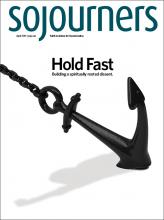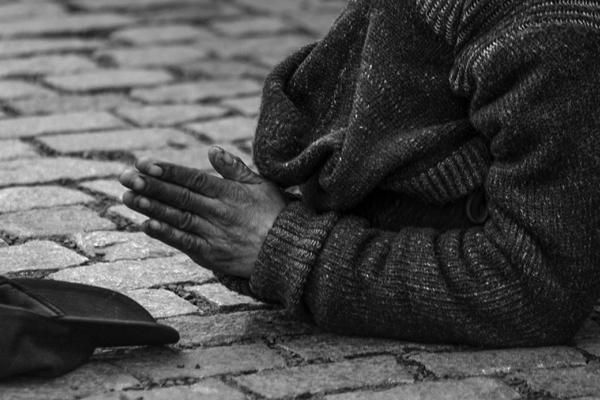THE RICHEST EIGHT people in the world, according to an Oxfam report this January, own more wealth between them than the poorest 50 percent of humanity—3.6 billion people.
Let’s make that clear: Eight people own more wealth than 3.6 billion people. That is simply grotesque. And it is the type of fact that needs to break through the complacency and routine of our daily lives, and the latest outrages of the U.S. president, and spur us to demand effective collective action to change course.
Many people don’t spend much time thinking about the difference between income inequality and wealth inequality, but it’s important to understand that wealth inequality is both harder to fix and harder to justify, and it has enormous consequences that resonate over multiple generations. The reality that the Oxfam report makes plain is that even while global extreme poverty has seen dramatic reductions over the last couple of decades, global wealth continues to be concentrated at the very top, into fewer and fewer hands.
The recovery of global financial markets since the crash of 2008 has been very good for the already wealthy, but for those who didn’t have many assets to begin with, the recovery of the stock market has benefited them far less. To put it bluntly, the class of the people who had the most to do with causing the crisis ended up benefiting the most from it.
Read the Full Article

